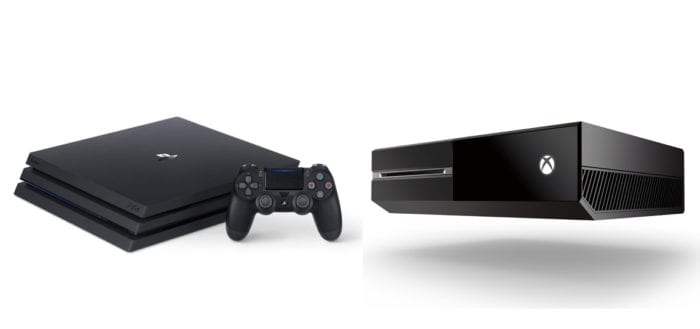The world of video games and how we enjoy them is constantly evolving. Internet powerhouses like YouTube and Twitch have redefined how we absorb gaming content. Media coverage isn’t the only new addition to gaming’s growing number of outlets, and many now enjoy the ease of purchasing new titles digitally.
This has propelled the internet to the forefront of importance for many gamers, but where consumer fascination goes, corporate interest is bound to follow. Data capping is the practice of limiting how much data a consumer can use a month, and charging them for exceeding this amount. This application of limiting how much consumers use the internet could potentially strike a large blow in the wallets of the gaming community.

However, the practice of data capping isn’t a new one. For years, internet providers have struggled with ways to increase profits from those who use their service. This can be seen in the varied speeds available for users to opt into when choosing a provider, but just recently has data capping become a much more viable source of income for the corporate giants.
Comcast, one of the largest internet service providers (ISP) in the United States, has just recently rolled out its increased monthly data cap of one terabyte. This may seem like a large jump from their previous 300 gigabytes, but for many gamers the very idea of data capping is the problem.
Over the last half decade, online streaming services like Twitch have become commonplace for those wishing to see their favorite video games played by interesting personalities. This growing community of viewers has also extended to YouTube, where many of the biggest names make their namesake from some form of game coverage. These two outlets alone require a sizable amount of data, which adds up over the course of a month.
This problem doesn’t just effect those looking for videos or streams, but even extends to video games themselves. The rise of digital purchasing has made it even easier to play your favorite games. Folks no longer have to brave massive crowds to play their favorite titles on the night of release. On top of digital purchasing, the internet has opened up the ability to patch games. Games no longer stay broken, but some of these fixes come at an alarming cost to data.
It is unlikely that Comcast will be the only ISP to continue usage of data caps. This practice is currently still under review by the Federal Communication Commission (FCC), and even big names like Netflix have urged the FCC to investigate the legality of data capping.

Until the verdict comes back on the one terabyte data cap, gamers can expect a noticeable impact on their internet habits. The new data cap, which came into effect in 14 more states Nov. 1, can be averted by purchasing the $50 more unlimited package. This unlimited package only serves as an insult to many consumers who feel they’ve already paid their dues for internet service.
A decision in favor of consumers may not be in the near future, but that won’t stop many consumers from advocating against additional charges. However, gaming’s symbiotic relationship with the internet certainly stands to take the biggest blow from this trend of data capping.













Updated: Nov 2, 2016 01:31 pm